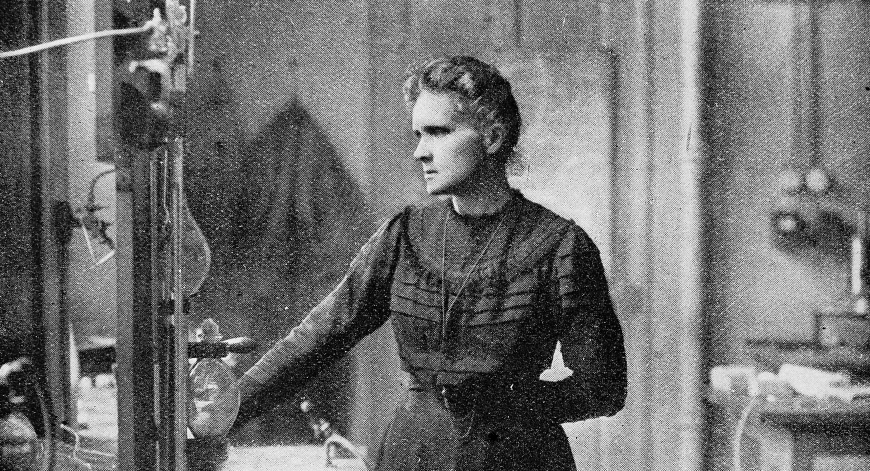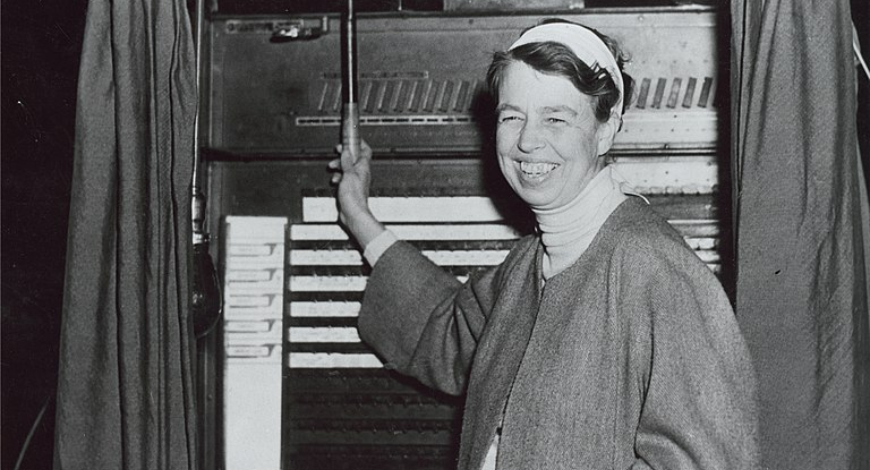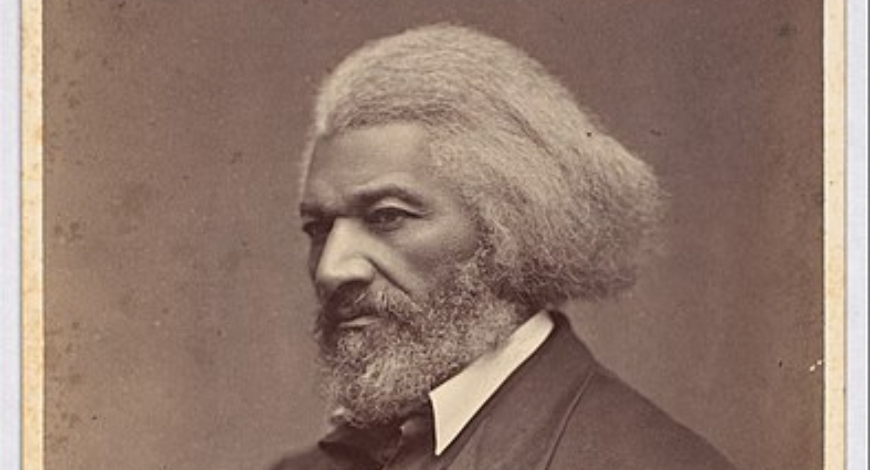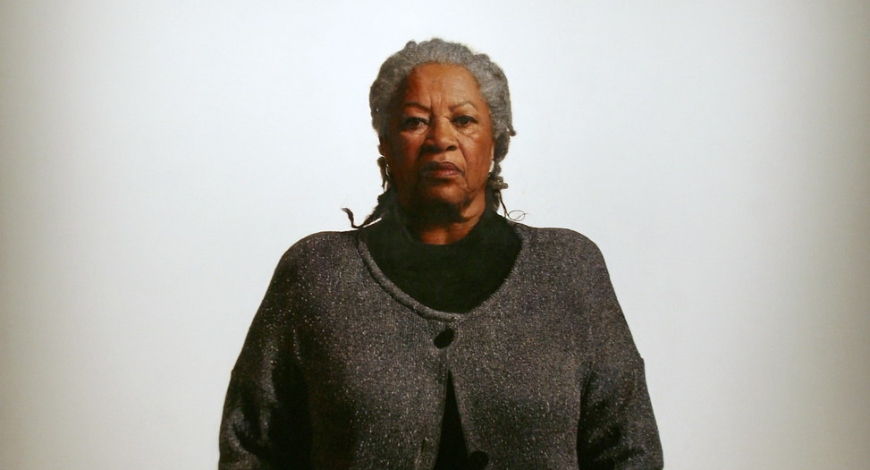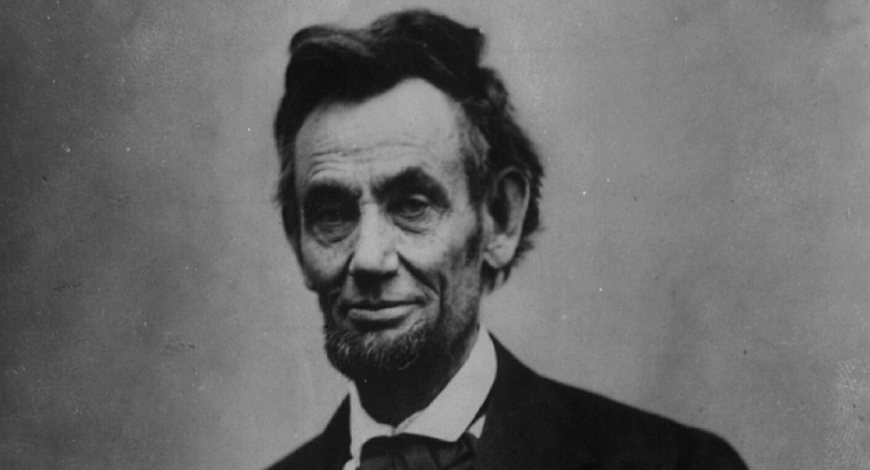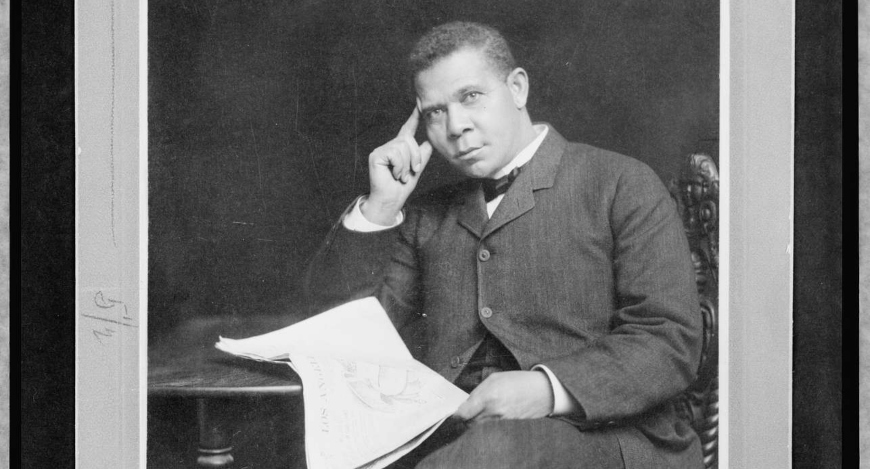While it is true that education is valuable to all of us at any age, it is also true that our energies and resources are limited and must be used wisely if we want to change the world into something better. Some say that children should be the focus because their minds are more easily shaped and influenced; others suggest that adults– who are actually in positions of power and influence– should take a front-and-center importance to our efforts to change minds and improve the world.
When students are told they can change the world, many don’t believe it. They think that making the world a better place is a task for the people who are in power, not the average person. But doing small things can make a big difference. What a person does in the classroom, at his/her school or in the community can provide the soil for real change. But it’s hard work and it requires patience and hope and faith in the future, and those virtues are really hard to cultivate.
So many of our students feel pressure to be the perfect athlete, student or friend. This feeling is accompanied by a pervasive fear of failure and the possibility that they might let others down. When they fall short of perfection, students have important decisions to make about whether to keep pursuing it or be okay with something less. The decisions they make shape their sense of self-worth and draw the contours of their future relationships.
Trust requires that you must set aside your feelings of suspicion and agree to work with people in good faith. Sometimes, trust is so hard to attain, whether it be on the playground, in the classroom or with your friends. Yet, to live and solve problems with other people, we need to trust them. Trusting others will sometimes lead us into grim disappointment but it can also restore our faith in humanity. Building trust is a skill and must be practiced over time to see and reap its benefits.
All students know at some level what it feels like to be humiliated. When this happens, the person who is hurt has a decision to make– he/she can either buy into the criticism and be made to feel small and insignificant or he/she can resist feelings of inferiority and defeat the criticism through positive thinking. It takes tons of energy to build and maintain a strong self-esteem in the midst of criticism and humiliation but it’s energy well spent and leads to the development of a strong character.
While it is true that education is valuable to all of us at any age, it is also true that our energies and resources are limited and must be used wisely if we want to change the world into something better. Some say that children should be the focus because their minds are more easily shaped and influenced; others suggest that adults– who are actually in positions of power and influence– should take a front-and-center importance to our efforts to change minds and improve the world.
Setting aside the 19th century gender-biased language and applying the wisdom to all students, Thoreau is saying something important about success and positive thinking. If students believe they can succeed, then they are halfway home. The power of positive thinking is undeniable. But failure is also crucial. Students must find a balance here between positive thinking and acceptance of their imperfections. Only then will they learn how to persevere.
Students think and talk about happiness all of the time. Some believe happiness is something we control and that if we just do the right things we will become happy. There are others who think of happiness as a byproduct of a good environment and not something we can control. The issue of whether we control our happiness is an important one because it determines whether or not a student develops a healthy capacity for self-motivation and goal-setting.
Students of every age struggle with moral decisions about how to balance their own individual needs with the needs of others. Either way they decide, there is sacrifice. Focus on the individual and they must sacrifice others. Focus on others and they must sacrifice their own individual needs. Clear answers are hard to come by. What’s important is that students make a commitment to reflect deeply on ethical decisions before they make them and take responsibility for the decisions they make.
Diversity is something many students confront for the first time in school. They are required to learn with students of different socio-economic and cultural backgrounds, not to mention those who embrace different traditions, learning styles and ways of seeing the world. When students confront diversity, they confront moral choices on how to react to people who are different from them.
Students approach decision-making in very different ways. Some are very impulsive and see decision-making as something to rush into and are very comfortable making changes on the fly. Others take a cautious approach and carefully consider all options before deciding on a course of action. Each situation demands its own customized strategy and students must reason through the options to select the right one.
Happiness is something all students want. The challenge is always how to get it. Students often get mixed messages here; on the one hand, they are told to focus on themselves and figure out a path towards happiness that benefits them directly. On the other hand, they are told that happiness can only be achieved by helping others. The choices they make in the quest for happiness shape their characters in profound ways.




